During 2 days (March 27-28, 2024), the Ministry of Finance coordinated with the French Development Agency (AFD) to organize a specialized training program on environmental taxes, carbon markets and green bonds. The training program was attended by experts from France and representatives of a number of specialized units under the Ministry of Finance.
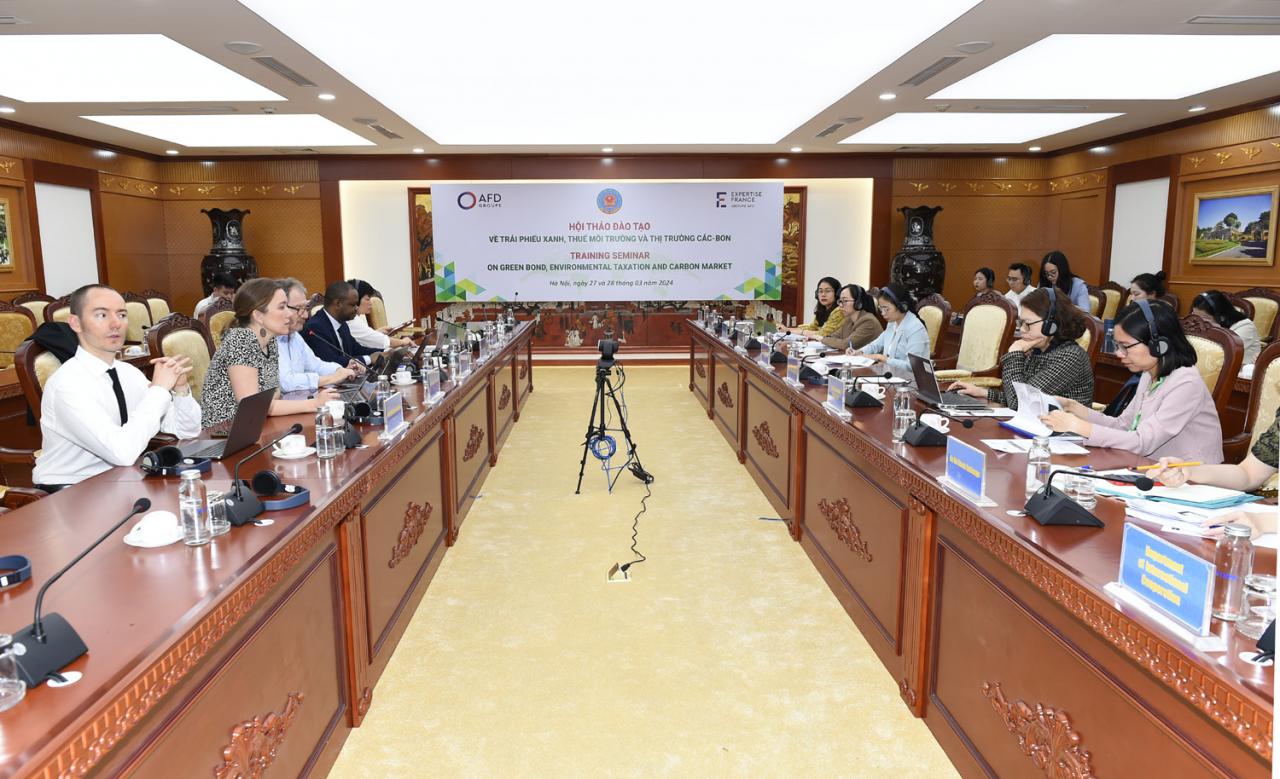
Overview of the training program on March 27, 2024.
On March 27, French experts presented on the methodology, steps to design and implement a carbon pricing system; carbon pricing scenarios in Vietnam and the advantages and disadvantages of each method.
According to Ms. Anais Delbosc - French expert, when implementing carbon pricing, it is necessary to set carbon pricing targets, especially targets related to emission reduction, so that policy directions can be set to achieve those targets. Then, tools will be identified to implement the targets. Regarding policy targets, it is necessary to set long-term national policies on emission reduction and specific to each country. In Vietnam, the Government has made many efforts to set the target of achieving net zero emissions on the agenda. This is a fairly clear target.
The second step is to set out policy directions, which sectors will apply carbon pricing systems and the impact of applying such systems on each sector. Based on that, choose the tools to use. From there, evaluate and improve the tools.
In the design phase, it is necessary to determine the scope of tax application, tax rate; taxable objects; institutions. The tax collection agency, tax using agency, and emission target control agency also need to be clear. How the collected money is used, unwanted impacts and solutions to limit those impacts are also important contents.
Presenting 6 scenarios for 8 emission sectors and analyzing the advantages and disadvantages of each carbon pricing scenario in Vietnam, Mr. Patrick Criqui - a French expert said that depending on the conditions of the country, the Government should consider applying different carbon pricing scenarios, such as: applying 100% carbon tax or using an emissions trading system for large emission units in the energy sector and energy-intensive industries or carbon tax on fuels in transportation for the emissions trading system in the energy sector and heavy industries; applying an energy emissions trading system with carbon tax for all energy products with 100% of emissions from energy; Applying emission quotas not based on absolute values but on efficiency standards… However, whether applying tax instruments or quotas or a combination of both instruments, it is necessary to determine the advantages and disadvantages of each method to consider which measure is more concerning and which measure is acceptable. This is a really difficult problem…
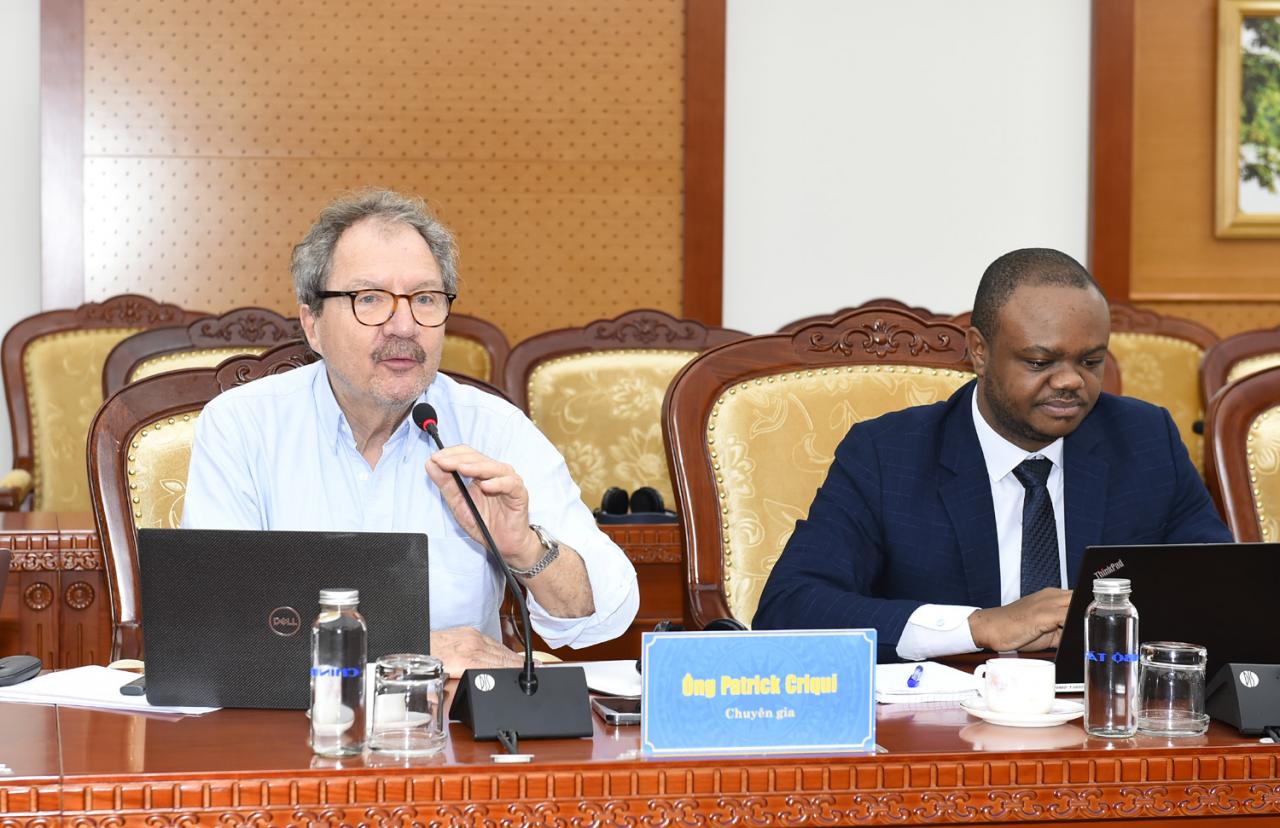
Mr. Patrick Criqui - French expert presented at the Training Program.
The expert stressed that direct emissions are important for regulating emissions through carbon pricing. For tax-regulated sectors, the tax rate is chosen by the Government. The outcome of the quantity adjustment is uncertain and can only be predicted through economic modeling. For quota-regulated sectors, the quantity of quotas is determined by emission targets but the price of the quota is uncertain.
Sharing their experiences in using revenue from carbon pricing, French experts said that money collected from carbon pricing can be used for different purposes, not necessarily for one purpose. Revenue from carbon pricing can be used to support other climate policies (such as: investing in low-emission infrastructure; encouraging industry to invest in energy efficiency and clean energy technology; encouraging emission reduction in under-covered sectors, etc.); improving overall economic efficiency (supporting fiscal reform, reducing government debt); addressing distributional concerns and creating public support for carbon pricing.
The training program is one of the activities within the framework of the Action Plan 2023-2024 of the Ministry of Finance and the French Development Agency (AFD) to implement the Cooperation Agreement on enhancing capacity to develop green financial policies between the two sides. Previously, on March 26, the Ministry of Finance and AFD held a consultation workshop on environmental tax, carbon market and green bonds. It is expected that on March 28, experts and representatives of specialized units of AFD and the Ministry of Finance will focus on training and discussing the topic of green bonds and issuing green government bonds. |
HP - Ministry of Finance Portal
Source

![[Photo] Students of Binh Minh Primary School enjoy the full moon festival, receiving the joys of childhood](https://vphoto.vietnam.vn/thumb/1200x675/vietnam/resource/IMAGE/2025/10/3/8cf8abef22fe4471be400a818912cb85)



![[Photo] Prime Minister Pham Minh Chinh chairs meeting to deploy overcoming consequences of storm No. 10](https://vphoto.vietnam.vn/thumb/1200x675/vietnam/resource/IMAGE/2025/10/3/544f420dcc844463898fcbef46247d16)













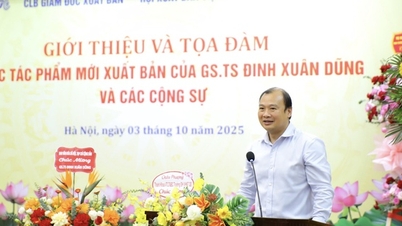



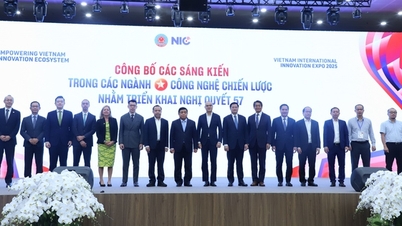






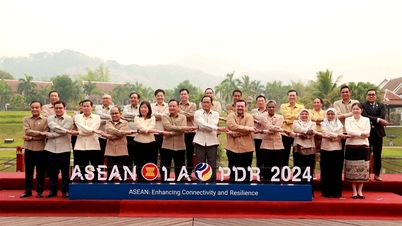
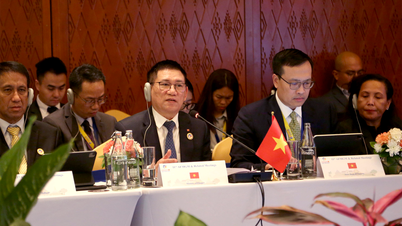
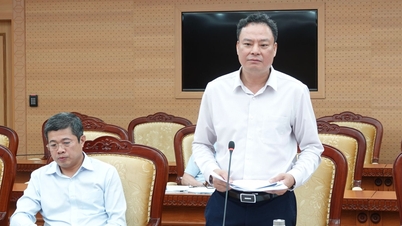














































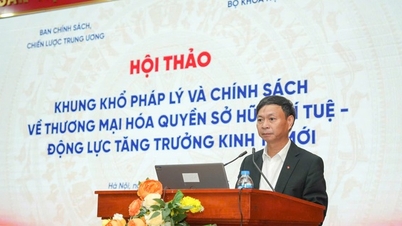








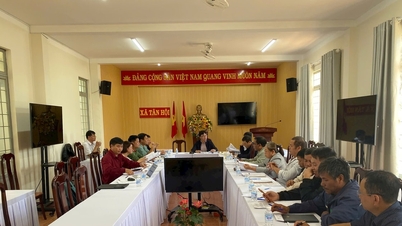














Comment (0)